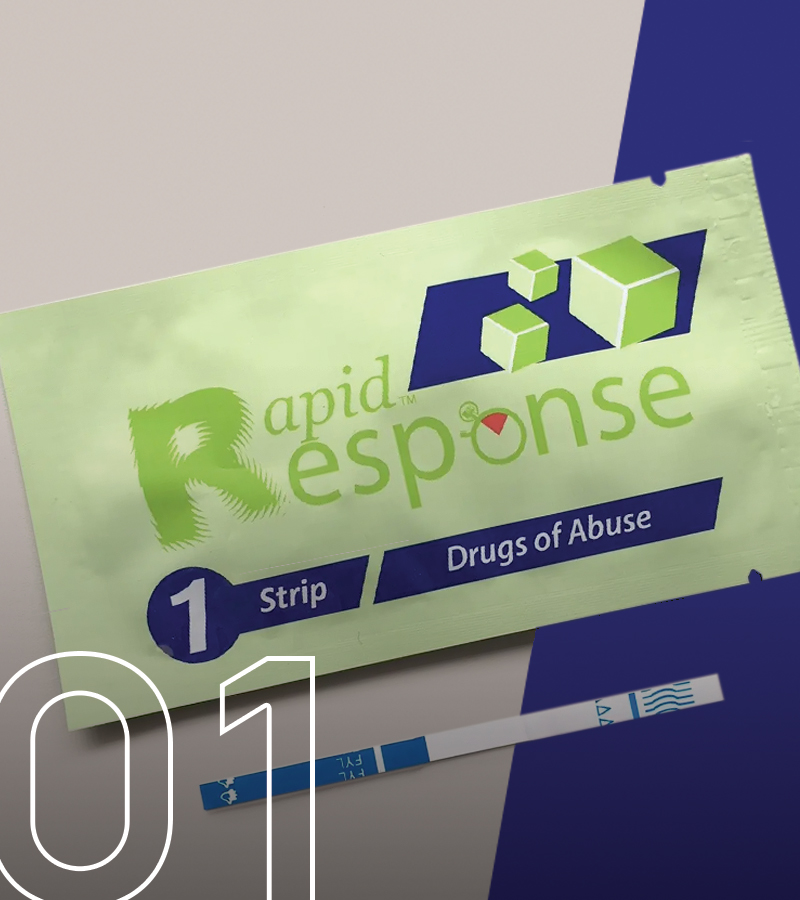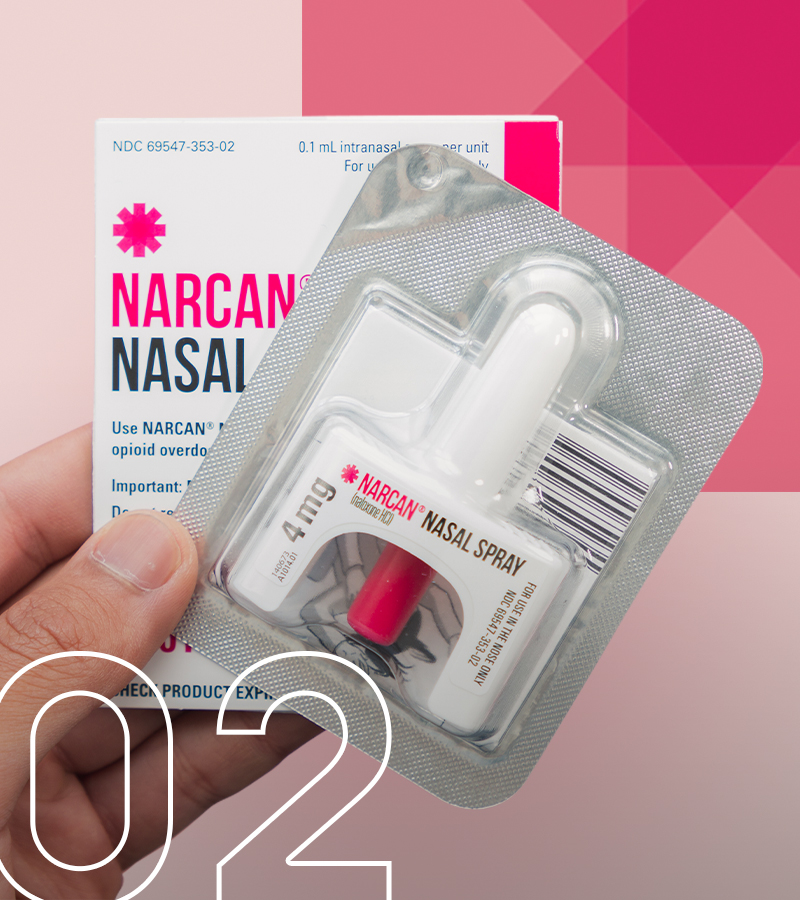Managing Money Pt. 1: Setting Financial Goals
#1
Setting short-term goals.
Setting financial goals can feel overwhelming when you’re looking too far into the future. You imagine all the possibilities and things you can and probably should work towards. You see the drastic difference between now and then and get discouraged. Start by setting goals that can be met within the next week, month, or year. Start an emergency fund to help you in the near future when something unexpected happens. Set a goal to reduce your credit card debt within the next year. Make a goal that you can achieve soon and give you that motivation boost.
#2
Setting intermediate goals.
After you set yourself up for motivation and financial protection with your short-term goals, it’s time to look at intermediate goals. These are goals that can be met within the next few years. They’re the goals that should really excite you. You can set a goal to buy your first house or new car. You can also work toward taking a vacation. Saving money to just spend away at a vacation might seem contrary to productivity but you’d be surprised how empowering and motivating it is to work towards such a large reward. You’ll find that not only does the vacation itself refresh you, but the ability to achieve it through financial goals will too.
#3
Setting long-term goals.
Once you set yourself up well in the next few months and you’re excited about that new shiny thing coming to you in the next couple years, it’s time for the long-term goals. And now that we’ve built the connection between where we are now and where we want to be, those daunting long-term goals appear more attainable. Long-term goals are your accomplishments in the next few decades. You can aim to pay off the loan of that new car in six years. You can put money away for a college or retirement fund. These are things that might not excite or motivate you, but are good and important things to work toward.

